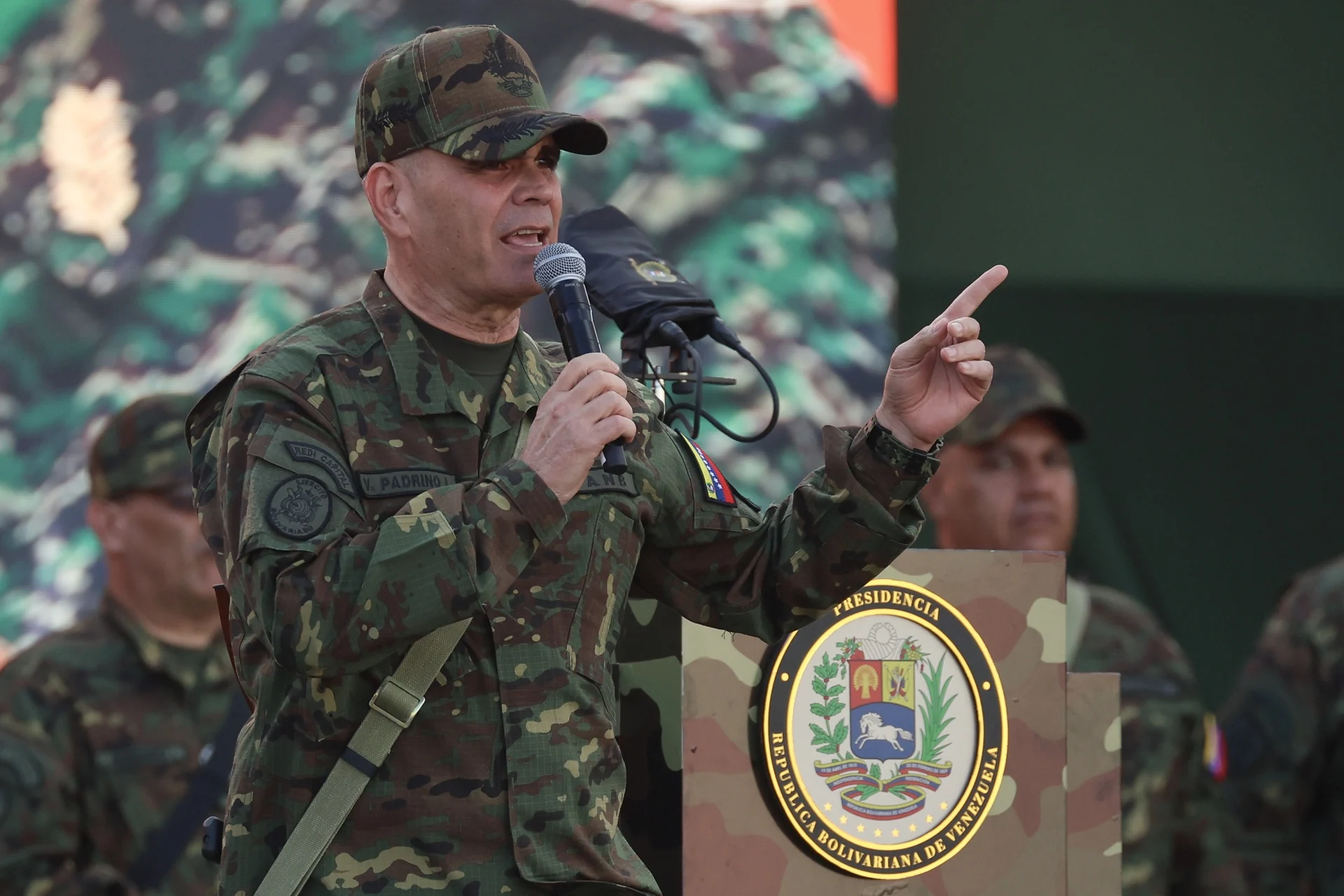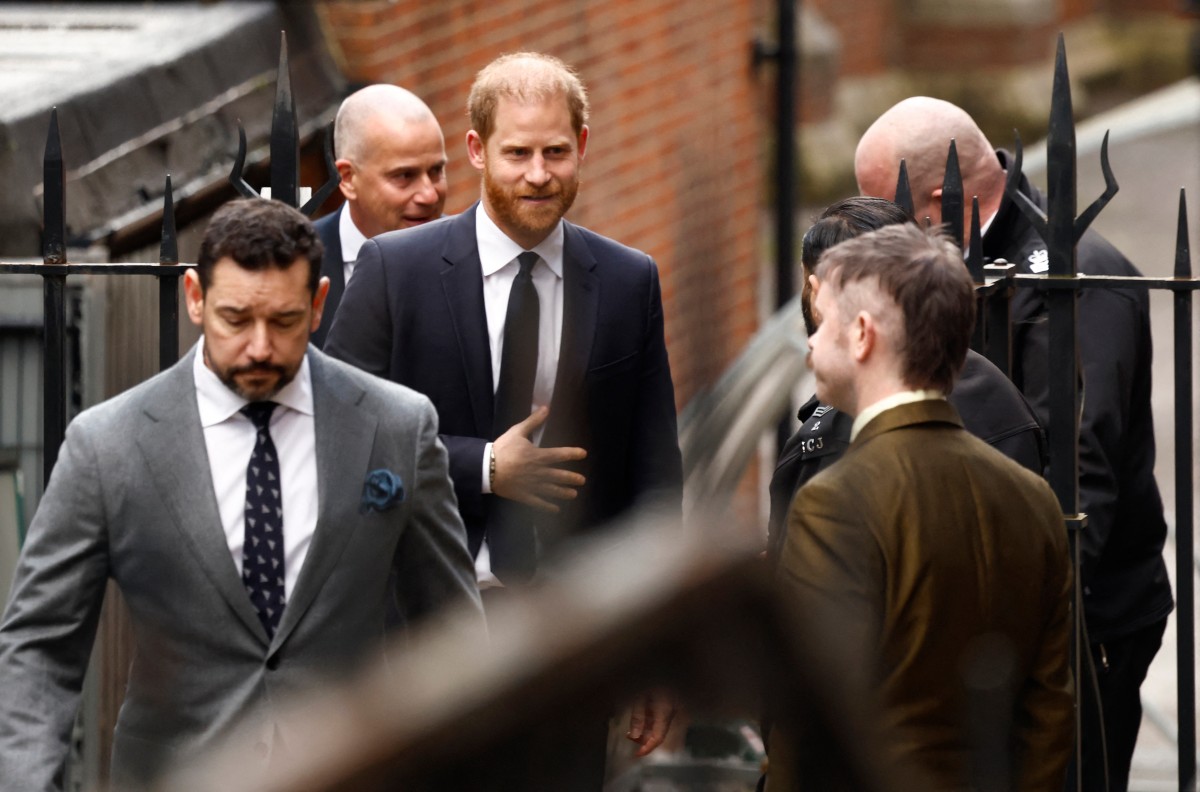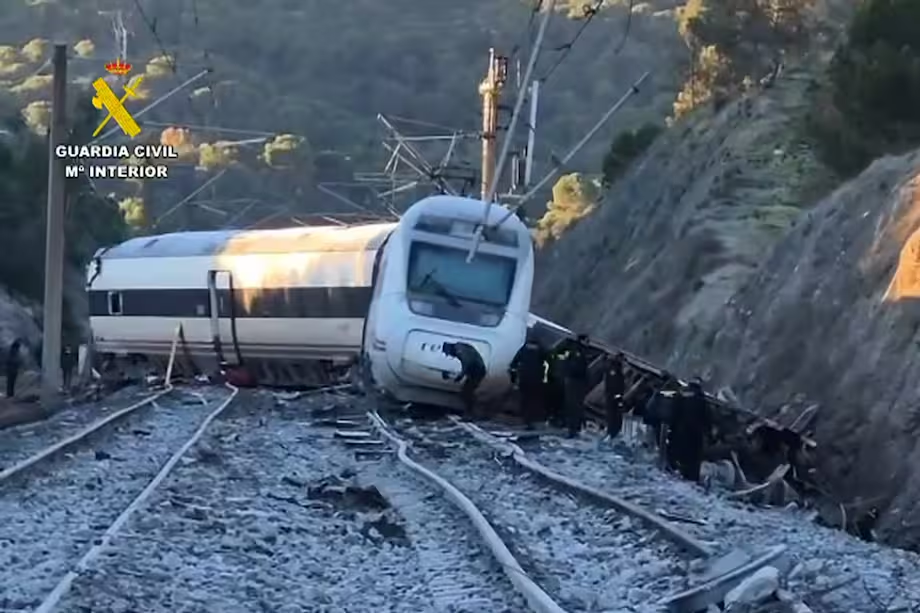International
Venezuela accuses U.S. of using anti-drug operations as pretext to target Maduro

Venezuelan Defense Minister Vladimir Padrino criticized on Tuesday what he described as the greater lethality of U.S. anti-drug operations in the Caribbean compared to those in the Pacific, where most drug trafficking routes are concentrated.
Venezuela maintains that the real goal of the U.S. military deployment in the region is to oust President Nicolás Maduro, rather than to combat drug trafficking as claimed by the White House.
Since September, the United States has reported seven attacks in the Caribbean against vessels allegedly linked to Venezuelan drug trafficking. President Donald Trump himself has shared videos of airstrikes on speedboats, with at least 32 people killed in these operations.
“The interdictions carried out in the Pacific do not receive the same treatment as those here in the Caribbean Sea,” Padrino said during a state television broadcast. “What is the real purpose behind this U.S. air and naval deployment in the Caribbean? Is it really about drug trafficking?” he asked.
Venezuelan authorities argue that only 5% of the drugs produced in Colombia leave through Venezuelan territorytoward the Caribbean, claiming that most shipments travel through the Pacific on their way to the United States.
The government also reports an increase in domestic anti-drug operations, showcased by state media, involving the destruction of clandestine airstrips and laboratories, and the seizure of boats, vehicles, and weapons, as well as the shooting down of aircraft allegedly used by traffickers.
On Tuesday, Padrino presented a report on several of these operations alongside the military commanders who led them.
International
Germany says football bodies alone will decide on possible World Cup boycott

The German Football Association (DFB) and FIFA will decide with full “autonomy” whether to boycott the upcoming World Cup, which will be hosted mainly by the United States in six months, following threats made by former U.S. president Donald Trump, the German government told AFP on Tuesday.
Trump has threatened to seize Greenland and impose higher tariffs on European countries that oppose the plan, raising political tensions between the United States and Europe.
“This assessment therefore lies with the relevant federations, in this case the DFB and FIFA. The federal government will respect that decision,” Sports State Secretary Christiane Schenderlein said in a statement emailed to AFP.
AFP had asked the German government about the possibility of a boycott of the World Cup to be jointly hosted by Canada, the United States and Mexico from June 11 to July 19.
“The federal government respects the autonomy of sport. Decisions regarding participation in major sporting events or possible boycotts fall exclusively within the responsibility of the relevant sports federations, not the political sphere,” said Schenderlein, a member of the conservative CDU, the party of Chancellor Friedrich Merz.
International
Daily Mail publisher insists reports relied on legitimate sources amid privacy trial

Two British tabloids accused of phone hacking and other forms of “unlawful information gathering” against Prince Harry and six other individuals, including singer Elton John, insisted on Tuesday that their reporting relied on legitimate sources.
Associated Newspapers Ltd (ANL), the publisher of the Daily Mail and The Mail on Sunday, sought to rebut allegations of privacy violations through illegal methods on the second day of trial at London’s High Court, following a lawsuit filed by the seven claimants.
Prince Harry, 41, who attended court hearings on both Monday and Tuesday, could be called to testify starting Wednesday in a trial expected to last up to nine weeks.
Lawyers for the claimants said the alleged illegal activities took place between 1993 and 2011, with some incidents reportedly extending as late as 2018. They argue that the tabloids hired private investigators to intercept phone calls and obtain confidential information, including detailed phone records, medical histories, and bank statements.
However, Anthony White, counsel for ANL, told the court that the trial would show the company presents “a compelling account of a pattern of lawful source acquisition” for its articles.
White added that the claims would require the court to believe that journalists and staff at the tabloids had engaged in widespread dishonesty, which the company strongly denies.
International
Death toll from southern Spain train crash rises to 40

The death toll from the train accident that occurred on Sunday in southern Spain has risen to 40, according to investigative sources cited by EFE on Monday afternoon.
Since early Monday, search operations have focused on the damaged carriages of a Renfe train bound for Huelva, which collided with the last derailed cars of an Iryo train traveling from Málaga to Madrid after it left the tracks.
The crash has also left more than 150 people injured. Of these, 41 remain hospitalized, including 12 in intensive care units at hospitals across the Andalusia region.
More than 220 Civil Guard officers are working at the site, searching the railway line and surrounding areas for key evidence to help identify victims and determine the causes of the accident.
The tragedy has revived memories of the deadliest railway disasters in Europe in recent decades. In Spain, the most severe occurred on July 24, 2013, when an Alvia train derailed near Santiago de Compostela, killing 80 people and injuring 130 others.
At the European level, the worst rail disaster took place on June 3, 1998, in Eschede, northern Germany, when a high-speed train struck a bridge pillar at 200 kilometers per hour, resulting in 98 deaths and 120 injuries.
-

 International4 days ago
International4 days agoU.S. deportation flight returns venezuelans to Caracas after Maduro’s ouster
-

 International2 days ago
International2 days agoDeath toll from southern Spain train crash rises to 40
-

 Central America3 days ago
Central America3 days agoGuatemala prison uprisings leave 46 guards held by gangs
-

 Central America2 days ago
Central America2 days agoGuatemala raises police death toll to nine after gang violence escalates
-

 International5 days ago
International5 days agoCanada accuses Iran of killing its citizen during anti-government unrest
-

 International2 days ago
International2 days agoOver 160 christian worshippers kidnapped in Kaduna Church attacks
-

 International5 days ago
International5 days agoSheinbaum highlights anti-drug gains after U.S. says challenges remain
-

 International3 days ago
International3 days agoChile declares state of catastrophe as wildfires rage in Ñuble and Biobío
-

 International4 days ago
International4 days agoFormer South Korean President Yoon sentenced to five years in prison
-

 International19 hours ago
International19 hours agoDaily Mail publisher insists reports relied on legitimate sources amid privacy trial
-

 International19 hours ago
International19 hours agoGermany says football bodies alone will decide on possible World Cup boycott
-

 International2 days ago
International2 days agoSpain’s Prime Minister pledges transparency after train crash kills at least 39


























